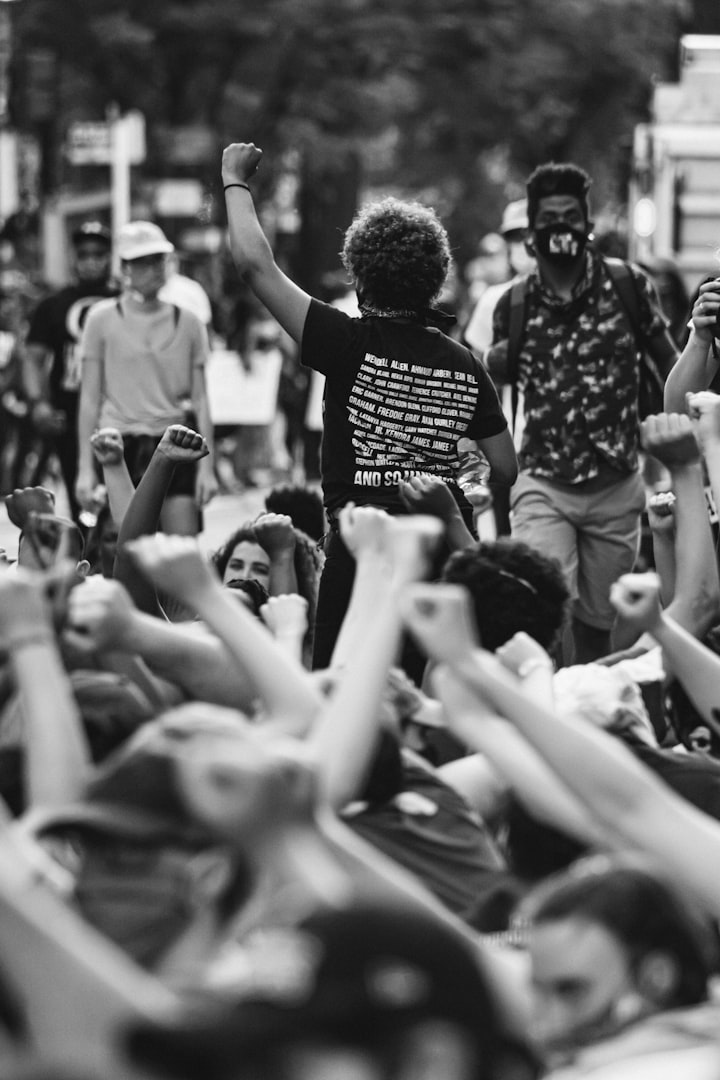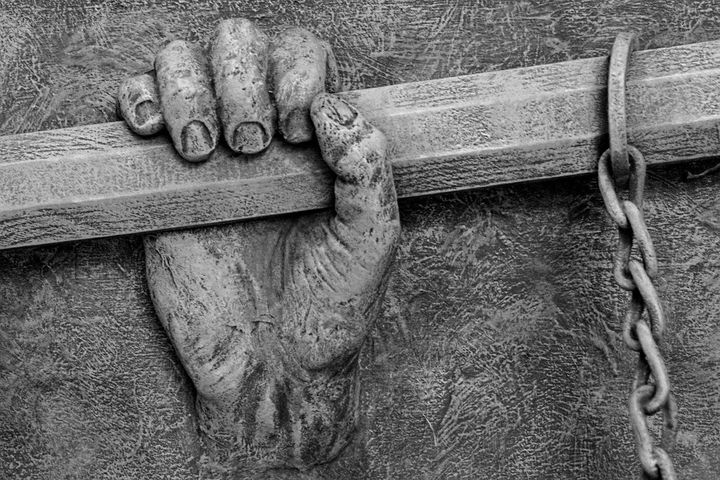A Strand of Hair
Loose strands of hair are lost, but we all deserve better; we deserve belonging.

A strand of hair. It can be long, short, curly, straight. It can be brown, black, red, perhaps even neon green. It really can have any appearance imaginable. Normally, we would envision this strand of hair with many other strands, attached to someone’s scalp. Part of a family in a way. It goes about its days with all the other strands, venturing from place to place. It sees the park, the grocery store, an office. It sees all. Together, all the strands experience these places from day to day, month to month, year to year. But suddenly, the individual strand is ripped from its family. Taken away with no warning. An abrupt end to its form of normalcy.
And where does this lone strand go? It floats and floats and floats. Where does it come to rest? It could find a place between a seat and console in a car never to be discovered, not even with the most effective vacuum cleaner. It could stick to a random couch, chair, or bean bag. It could stick to the wall of a shower, curling into abstract forms. Maybe it would forever drift. One day it could land on the floor of the grimy school hallway. The next day it could be carried along with the flow of students, finding its new home in the grass of the school courtyard. But still forever drifting. A nomad. It will never truly make sense wherever it lands. It left that behind the moment it departed from the scalp. It is indefinitely out of place. Homeless.
Is this strand aware of this depressing new reality? An unprompted solitary existence. Is it capable of even realizing this? If it is, this must be incredibly distressing. It may begin to weigh its options. It could attempt to claw its way back or accept its fate by further drifting into oblivion. This strand of hair is a lot like us, whether or not we care to recognize or admit it.
Human beings. We crave interactions with others. Naturally, we congregate. We organize large social events like weddings, parties, dances, “hangouts” as teenagers would say. We experience others at work, school, stores, restaurants. Everywhere. Social interactions occur everywhere, intentionally or unintentionally. When we are prevented from these social encounters, we drift, much like the strand of hair. It throws some of us into dark mental states that threaten our qualities of life. We contemplate. We think, “Does so-and-so really want to spend time with me? Are my friends actually my friends? Am I truly close to anyone? Am I truly missed when I am gone?” This dive into negativity only gets worse over time. Still we are left contemplating. It leaves others of us scrambling to schedule time with people we care about, itching to get to that next party or gathering on our calendars. We count the days until “the day”, awaiting the moment so eagerly. Inescapable downslide or eager rebound. We can react in either manner. Can we control this? Or do our personal tendencies dictate how we handle drifting like a strand of hair?
An extrovert versus an introvert. An extrovert would jump at the opportunity to interact with people in their lives. An introvert would happily stay out of the fray, accepting their regular state of aloneness. The extrovert would escape solitude, and the introvert would sink deeper into it. Is one choice better than the other? Is isolation better than congregation?
Does the strand of hair truly have a choice in its state of loneliness? It cannot really find its way back to its home. It cannot control where the wind takes it. It may stick to the bottom of a shoe, but the strand did not choose this. It can dream. It can hope outside forces will carry it to where it wishes to be. It may leap at any opportunity to become part of a group again. Or it could accept its perpetual state of floating. But in the end, it is totally out of control of its own fate. Are we like this too? If we experience solitude, is it our choice to break it? Or are we simply hoping the right person will come along to help us out of our drifting state?
We need interaction, but some of us are not extroverted enough to satisfy that need. All humans have different ways of socializing, but we all require it in some form or another. The extrovert simply approaches a group and automatically melts into its dynamic. The introvert watches from afar, hoping that someone will approach them. It takes all people to make the world go round. Extroverts must embrace introverts, and introverts must embrace extroverts. No one deserves to be like a lost strand of hair. A sense of belonging. That is something we all deserve to feel.

